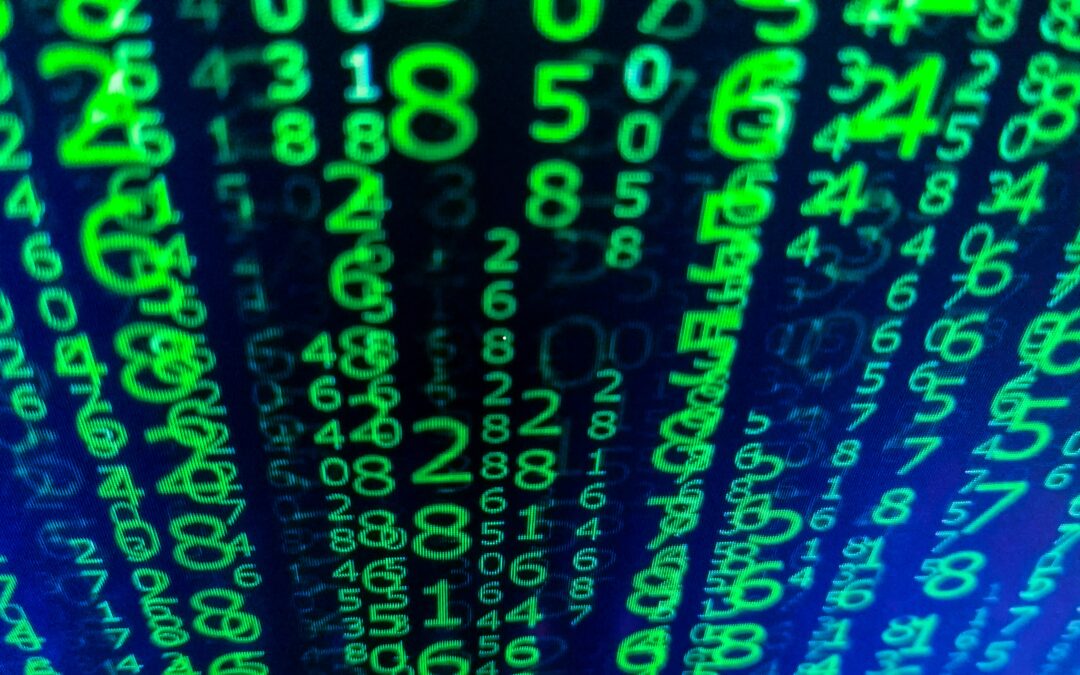Simulation theory is a concept that suggests reality, as we perceive it, might actually be a computer-generated simulation. It proposes that an advanced civilization with immense computing power could simulate an entire universe, including all its inhabitants (such as us), who are unaware that they exist within a simulation.
The idea was popularized by philosopher Nick Bostrom, who proposed the simulation hypothesis in 2003. Bostrom’s argument centers on the possibility that a technologically advanced society might have the capability and motivation to create simulated realities. According to this theory, if such simulations are possible, it becomes statistically more likely that we are living in a simulation rather than in the base reality.
This theory sparks philosophical and scientific discussions about the nature of reality, the limits of technology, and the implications it would have on our understanding of existence and consciousness. However, as of now, there’s no empirical evidence confirming or disproving simulation theory—it remains an intriguing and speculative concept.
For more information, check out this article by Fouad Kahn in Scientific American.


Recent Comments